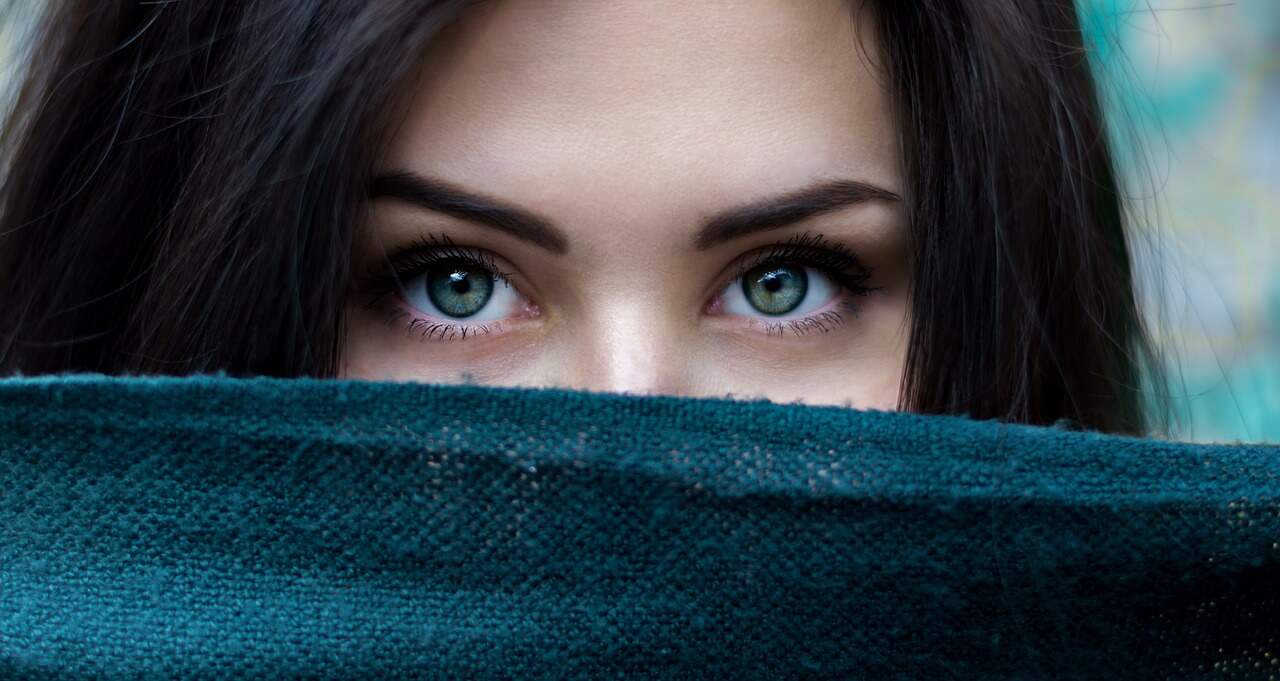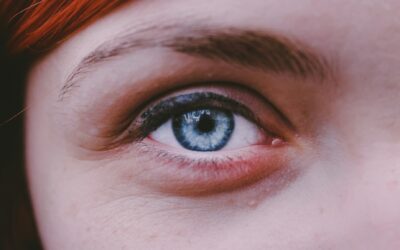We know that there are many factors that cause or worsen the symptoms of dry eye disease. So what do you do when you start to notice those uncomfortable symptoms, like burning, redness, grittiness, or even watery eyes? Treating dry eye disease and its underlying causes often requires a longtime approach to help improve the health of the eyes while also reduce the symptoms. Here we have outlined some of the most common treatment options for dry eye disease.
Artificial Tears
Artificial tears are lubricating eye drops that can be purchased without a prescription at any drug store or pharmacy. They are typically the first option used in the treatment of dry eye disease. Lubricating artificial tears contain ingredients that nourish and protect the front surface of the eye, reducing the uncomfortable symptoms of dry eyes. Artificial tears come in many different varieties, and some are meant to target specific underlying causes of dryness. For example, there are lipid-based artificial tears which can help replace the oil layer of the tears in people affected by Meibomian gland dysfunction. Preservative-free lubricating drops, which come in small single dose vials and contain no additives, are another option. For people with certain preservative sensitivities, or those who need to use lubricating drops many times throughout the day, the preservative free option may be best. There are also gel based artificial tears, which are a thicker consistency than normal lubricating drops. The gel can last longer on the front of the eye and provide extended relief of dry eye symptoms, and many people prefer to use gel drops at night. If you have questions about which type of artificial tear is best for you, ask your optometrist.
Proper Eyelid Hygiene
As you know, the eyelids can play a big role in dry eye disease. Conditions like blepharitis and Meibomian gland dysfunction can cause or worsen the condition. Maintaining proper eye lid hygiene is necessary for those affected by these conditions. This includes thoroughly washing the eyelids daily to remove any debris or bacteria. Lid scrubs can be done with warm water and a safe soap, or with a commercially prepared lid wipe that is designed to be safe and effective. The use of warm compresses can also be important, especially if there is an underlying problem with the Meibomian glands. The heat from warm compresses promotes a healthy tear film by preventing the oils in these glands from clogging up. To perform a warm compress, apply a warm washcloth or a commercially designed heated mask to the eyelids for 10-15 minutes several times daily.
Medications for Treating Dry Eye Disease
For those with moderate or severe cases of dry eye disease, over-the-counter artificial tears and eyelid care may not be enough. These people may need to use medicated eye drops, or even oral medications, to address their symptoms of dry eye disease. Some eye drops such as Restasis or Xiidra are long-term dry eye treatments that reduce inflammation on the front of the eye and improve comfort. For some, a course of oral antibiotics may be necessary to clear up any eyelid bacteria that can be worsening symptoms.





